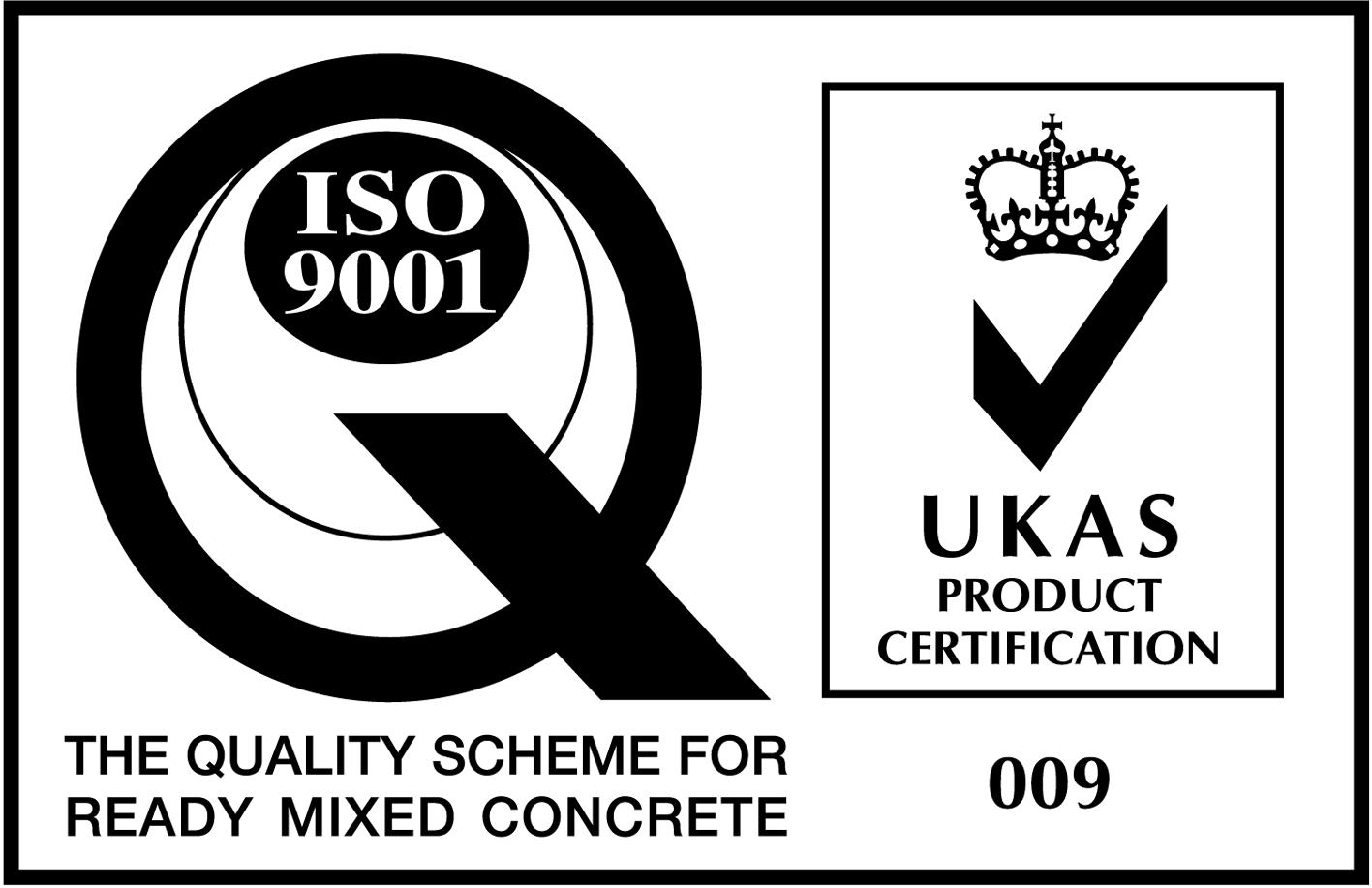How to Fix Cracked Concrete
Despite being one of the toughest and most durable surface materials anywhere on Earth, concrete can still crack. Unsightly and problematic, these cracks can ruin the look of a concrete driveway or weaken the structural stability of foundations. Luckily, concrete cracks, whether big or small, can be repaired.
In this article, discover the most common causes of concrete cracks and the most effective ways to fix them.
Here at Total Concrete, we can delivery concrete across Berkshire, Hampshire, Woking, Surrey and beyond – to get a free quote, use our online quote form or call us on 0800 859 5371 .
Why does concrete crack?
There is only one reason why concrete cracks: its tensile strength is exceeded by the net tensile stresses induced within its matrix. Put simply, concrete cracks when it experiences more tension than it can withstand.
There are many circumstances where this may occur, the most common being:
- Excessive weight, such as from large vehicles, bearing down on the concrete.
- Heat, causing the concrete to expand and push against another inflexible material.
- Water, which has found its way into the concrete, freezes in cold temperatures and expands.
- Premature drying, which reduces the moisture in the concrete too quickly. This is perhaps the most common cause of cracking and happens when the concrete is still in its plastic state (before hardening).
How to fix small concrete cracks
Small cracks may not risk any serious structural damage, but they can still ruin the aesthetics of your concrete. Luckily, small concrete cracks are simple to fill using masonry filler or similar products.
Hairline cracks can be remedied using a vinyl concrete patching compound. Just a few steps will get your concrete looking good as new:
1. Use a cold chisel and a hammer to create a backward-angled cut.
2. Use a wire brush to clean loose material from the crack.
3. Use a paint brush to apply a thin layer of bonding adhesive to the area.
4. Mix vinyl reinforced patching compound and use a trowel to apply it to the crack. Make sure it is even with the surrounding surface.
5. Let the compound cure.
How to fix large concrete cracks
Larger cracks may require a little more handiwork, but they can also be repaired fairly quickly and easily.
1. Undercut the sides of the crack to create an inverted ‘V’ shape.
2. Use a chisel and hammer to widen the base of the crack and dislodge any loose material.
3. Use a wire brush to remove all debris from the crack.
4. Use a wet/dry vacuum or a brush to remove water and remaining debris from the crack.
5. Mix the concrete patching compound and use a trowel to apply it to the crack. Make sure it is even with the surrounding surface.
6. If needed, brush the surface of the patching compound with a paintbrush to texture the surface.
7. Let the compound cure.
Common concrete cracks
We provide concrete for all types of domestic and commercial projects, so we know that concrete can be used for foundations to driveways. But what are the most common concrete cracks?
Cracks in concrete driveways
Concrete driveways are a popular choice for a home or business driveway, but excessive usage with heavy vehicles or machinery, or adverse weather conditions can cause cracks in the surface. One of the main causes of cracks in a concrete driveway is water build up. If the surface collects water and does not drain away, this can cause damage, and ultimately lead to cracks.
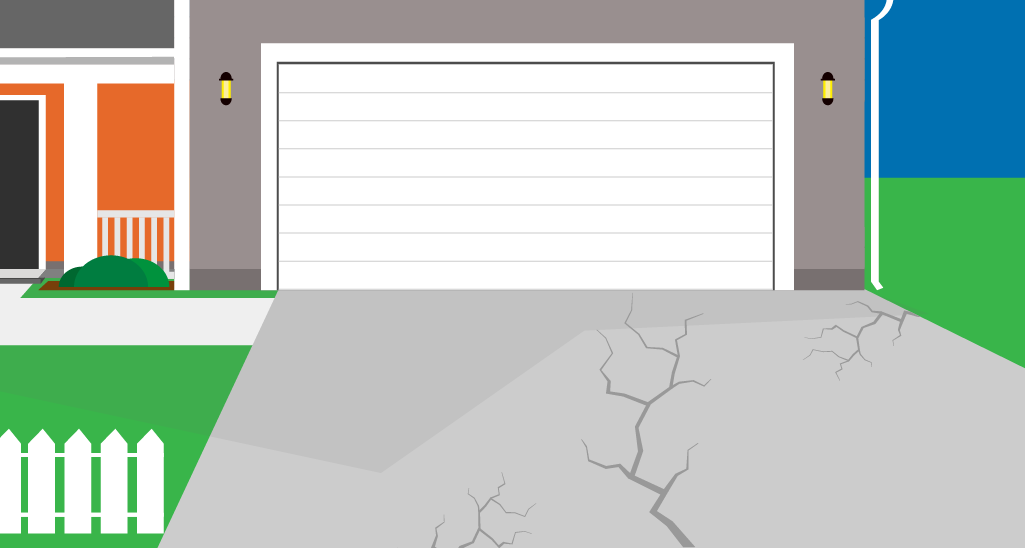
Cracks in concrete foundations
More common in older properties, cracks in concrete foundations can be found above the surface, or below the surface of a building. Many people think that cracks can form in foundations due to a buildings age, but this is not always the case.
Pressure on the foundations can be a factor – but the most common reason why concrete foundations crack, is soil. Dry or expanding soil can cause the concrete to move, causing cracks. If concrete has room to move, it will most likely end up cracking.
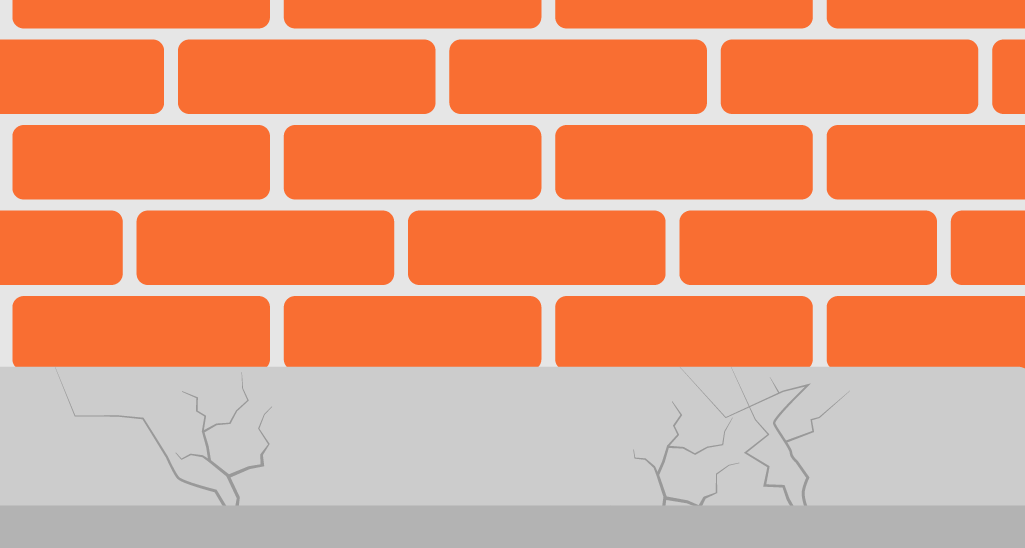
Cracks in concrete walls
Cracks in concrete walls can be due to a number of potential issues. Main causes could be down to:
Movement in other structural aspects of the building (like wooden frames due to weather), problems with the foundations, strain on the concrete (from construction work), or damp.
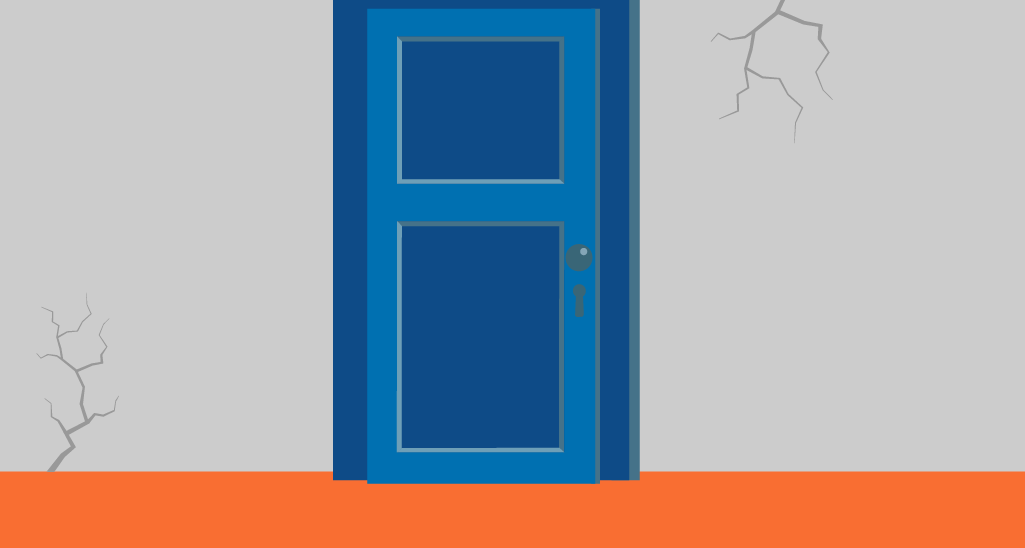
Cracks in concrete roads
When looking at concrete roads, these are usually built by government contractors – so there are several surveys and studies into damage, and wear and tear for concrete roads. Again, it’s not always due to age or usage, but when we look at concrete roads, it is usually linked to how they are built. Again, foundations and pressure on the concrete can cause cracks.
However, the most common causes of cracks in concrete roads are; inadequate base support under the concrete slabs, and issues with thermal expansion of the aggregates used under the concrete. If the aggregates get warmer, or warmer than they should be, they will expand, putting pressure on the concrete and changing the surface area that the concrete is laid on.
If the base support is not adequate for the pressure of the concrete slabs, the base itself can crack under pressure, causing the road above to do the same. Due to both of these issues, the base concrete slabs that make up the road surface, have room to move – so it causes cracks.
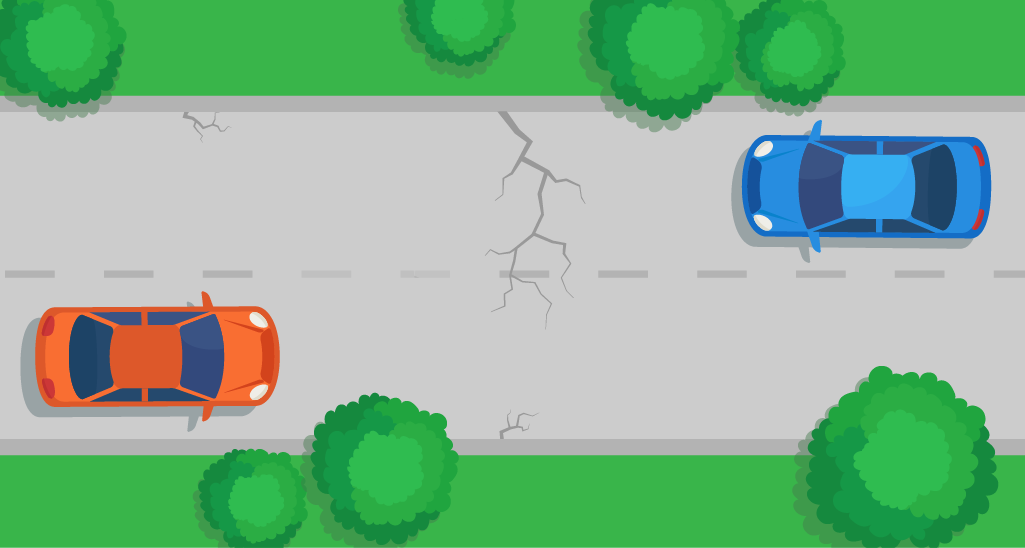
At Total Concrete, we supply all the concrete you need for your project. Big or small, commercial or domestic, we have the concrete you need — all available for next-day delivery. We offer a range of products and services, including ready mixed concrete, concrete screed and more.
We even offer on-site mixed concrete, ensuring you get the freshest and most precise mix possible. Never overpay for concrete — get the exact amount you need, when you need it.
We serve customers across Berkshire, Hampshire, Woking and Surrey. Contact our team today to arrange your concrete delivery.
 Trade Zone
Trade Zone
